Specifications
| book-author | Lauralee Sherwood |
|---|---|
| file-type | |
| isbn10 | 1285866932 |
| isbn13 | 9781285866932 |
| language | English |
| publisher | Cengage Learning |
Book Description
“Human Physiology: From Cells to Systems” by Lauralee Sherwood is a widely used textbook that provides a comprehensive exploration of human physiology. The 9th edition is likely to continue the tradition of presenting key concepts and principles in a clear and accessible manner, catering to students studying physiology, biology, or related disciplines. Here are some features that may be found in the 9th edition:
- Foundations of Physiology: The textbook is likely to cover the foundational principles of human physiology, starting at the cellular level and progressing to the integrated functions of organ systems.
- Cellular Physiology: A detailed examination of cellular structures and functions is expected, covering topics such as cell membranes, transport mechanisms, cell signaling, and cellular metabolism.
- Neurophysiology: The nervous system and its functions, including the principles of neurophysiology, neural communication, and the organization of the nervous system, are likely to be thoroughly explored.
- Endocrine System: The endocrine system and hormonal regulation of physiological processes may be a significant focus. This could include discussions on various endocrine glands, hormones, and their roles in maintaining homeostasis.
- Muscle Physiology: The mechanics of muscle contraction, including the molecular and cellular processes involved, is likely to be covered. This may include discussions on skeletal, smooth, and cardiac muscle.
- Cardiovascular System: The physiology of the cardiovascular system, including heart function, blood circulation, and blood pressure regulation, is expected to be a substantial part of the textbook.
- Respiratory System: The principles of respiratory physiology, gas exchange, and respiratory control mechanisms may be discussed, addressing how the body manages oxygen and carbon dioxide.
- Renal Physiology: The functions of the kidneys in maintaining fluid and electrolyte balance, as well as the regulation of blood pressure, may be explored in the context of renal physiology.
- Digestive System: The physiological processes of digestion, absorption, and nutrient metabolism may be covered, providing insights into how the body processes and utilizes nutrients.
- Reproductive System: The reproductive physiology of both males and females may be addressed, covering topics such as hormonal regulation, gametogenesis, and the menstrual cycle.
- Integration of Systems: The textbook is likely to emphasize the integration of physiological systems, illustrating how different systems work together to maintain the body's overall homeostasis.
- Clinical Applications: The inclusion of clinical applications and case studies may help students connect physiological concepts to real-world medical scenarios, enhancing their understanding of the relevance of physiology to healthcare.
- Updated Research and Advances: The 9th edition is expected to incorporate recent research findings, technological advances, and updates in the field of human physiology.
- Pedagogical Features: The textbook may include various pedagogical features such as chapter summaries, key terms, review questions, and visual aids to support student learning.
It's important to refer to the specific edition you have for the most accurate and detailed information. The features mentioned here are based on common characteristics found in editions of “Human Physiology: From Cells to Systems” by Lauralee Sherwood.
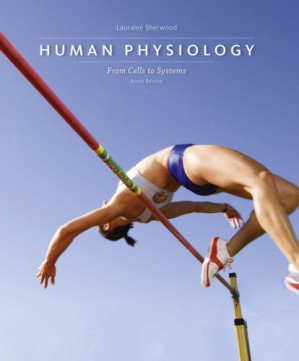
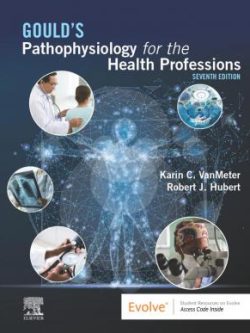

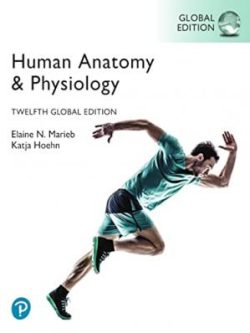



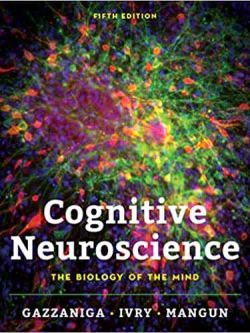

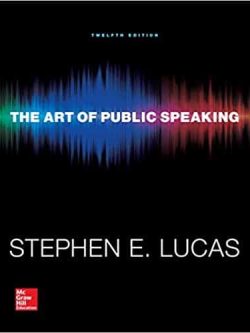



Reviews
There are no reviews yet.